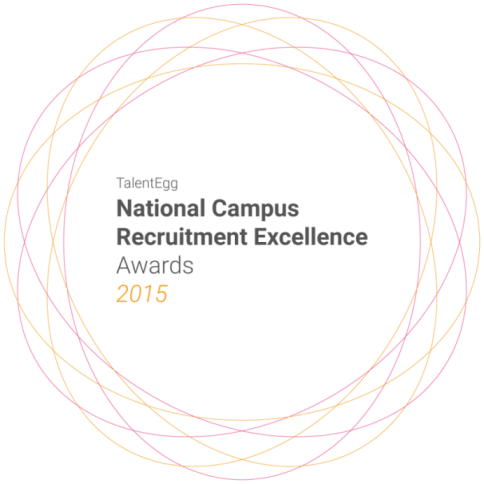Job posts have become an art form – the trick is catching the eye of job hunters who have seen hundreds of posts just like yours.
So how do you get the attention of a job-post skimmer? Simple: you need to know what they’re looking for. Most students and grads are looking for a job with the intention of starting their first career role. So when you’re building your next posting, be sure that the following information is clearly highlighted and easy to locate!
1. Qualifications
In a student’s mind, there’s no reason to apply for a position that the employer has outright stated that they won’t be considered for.
Don’t waste anyone’s time. Make sure the qualifications are clearly stated, and don’t beat around the bush. But be sure that what you’re asking for is reasonable – if students find entry-level job postings with above-and-beyond requirements (i.e. 5 years experience for a basic administration job), they may see it as a sign that this company is not willing to invest time to train the right candidate. If you have requirements that are an absolute must-have, consider briefly stating why it’s a requirement in the posting. Students appreciate honesty and transparency.
2. Company culture
It’s not enough to just tell students and grads what kind of company you are. You need to show them – and your entire posting should reflect that image.
If your company is a corporate, suit-and-tie company, then that should be reflected in the language of your posting. However, if your company has a more relaxed environment, opt for less formal language, and make it more conversational. If a student reads a job posting that says that the company is a young, energetic start-up, but the text reads like a law textbook, then they’re not likely to feel connected to the position they’re applying to. It’s very important to set the desired tone for the job-hunter immediately, as it can determine whether or not they go on to look at your other job openings.
3. The role
Many recruiters might be surprised that the role itself is not the first thing that students and grads look at when scanning a job posting. Students today understand that trying to find the perfect job right off the bat isn’t realistic. However, finding a company that can help you grow is worth working outside your element for awhile.
Your posting should clearly outline the basics of the position. Be sure it aligns with the requirements and qualifications of the role, so the posting remains cohesive and there are no loose threads or unnecessary questions left for the candidate. It is often a good idea to mention who they would be reporting to (the title of their manager) – this gives them an idea of the types of roles they can aspire to move into. Finally, it never hurts to state in your posting that there is room for growth.
4. Perks
It’s not just about the pay. Students and grads today are looking for what the company can offer them, in terms of benefits, cross-training opportunities, events and networking opportunities, mentorship programs, and even courses they can take.
Don’t wait until they get to the interview stage to mention these. While you don’t have to go into detail, mentioning that your company offers resources like these tells an applicant that you are willing to invest in them as people. Clearly state these perks alongside the estimated pay – you’ll be surprised, as they may have more of an influence on a young professional than the salary!
Discussion: What methods do you use to appeal to fast-paced-job hunters?



